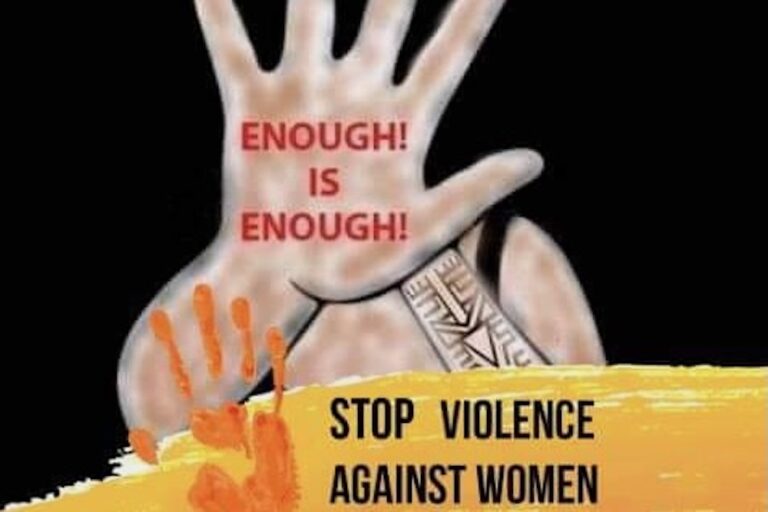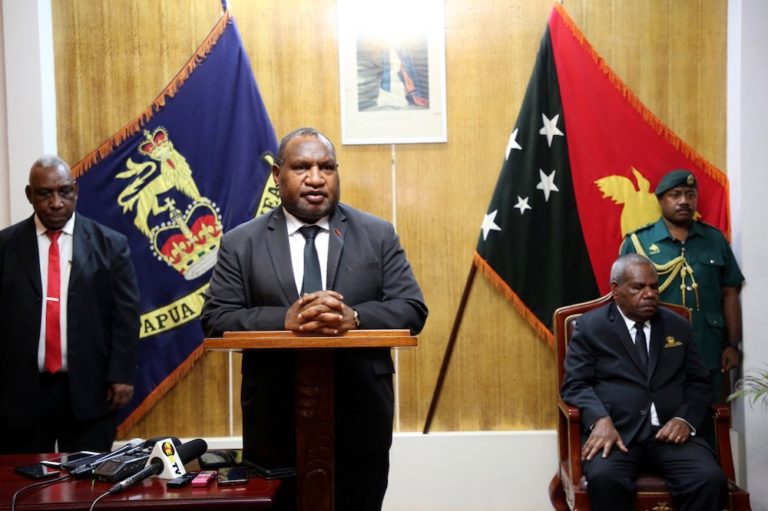(PINA/IFEX) – On 3 December 2002, the Pacific Islands news service PINA Nius reported that Papua New Guinea police and military leaders had been urged to make it clear to their men that attacking and threatening journalists will not be tolerated. The call came from PINA President Johnson Honimae. Honimae said from Honiara, Solomon Islands, […]
(PINA/IFEX) – On 3 December 2002, the Pacific Islands news service PINA Nius reported that Papua New Guinea police and military leaders had been urged to make it clear to their men that attacking and threatening journalists will not be tolerated. The call came from PINA President Johnson Honimae.
Honimae said from Honiara, Solomon Islands, that he was shocked by two recent incidents in which:
– Prominent journalist and journalism teacher Kevin Pamba was taken to a police station by heavily-armed police riot squad members, assaulted and threatened.
– “Papua New Guinea Post-Courier” investigative reporter Robyn Sela was assaulted and threatened by a soldier believed to be linked to rogue elements in the military (see IFEX alert of 9 October 2002).
Honimae said he is certain that senior officers in the police and military do not condone such behaviour. But he said it is important that they make their position clear by taking firm action against those men who behave in this way. Honimae noted that in both cases the journalists were attacked for doing legitimate reporting in the interest of the public.
In Pamba’s case, he had reported for “The National” newspaper on the way in which riot police destroyed a squatter settlement in the northern Papua New Guinea town of Madang. The riot police had been enforcing a court order obtained by the local provincial government, PINA Nius reported. Pamba is based in Madang, where he teaches journalism at Divine Word University.
In Sela’s case, she had written a series of reports for the “Post-Courier” as part of a campaign to expose the corruption plaguing Papua New Guinea, PINA Nius reported. The “Post-Courier” had placed Sela and her family in a “safe house” because of threats against her.
“These were brave journalists doing the sort of journalism that can help make a difference for the good in the societies they serve,” Honimae said. “This is journalism that is very much in the public interest.”
Honimae stressed that freedom of expression and freedom of information are fundamental human rights. Papua New Guinea has a proud record of upholding these rights, he said. He hoped the country’s police and military leaders would make this very clear to those in their ranks.


